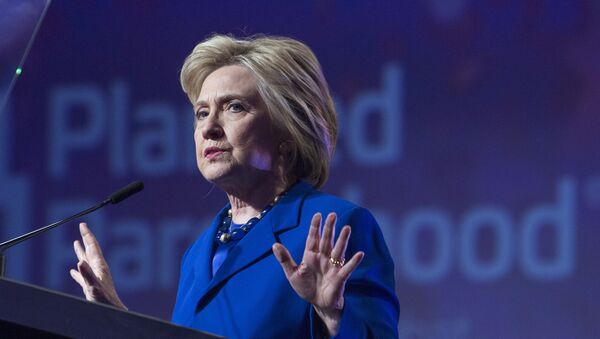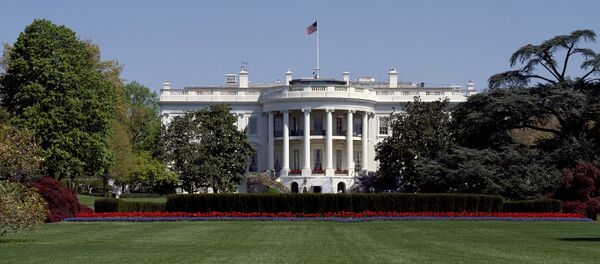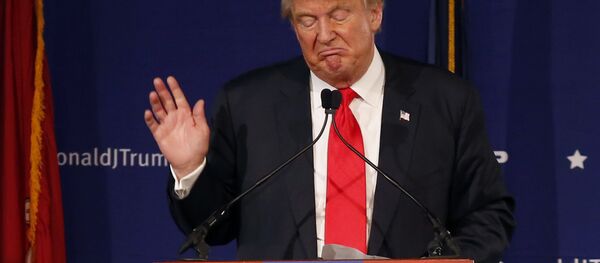For Becker, it is most likely the latter rather than the former.
"I think it's not simply trying to defeat Trump; this is the real Hillary Clinton – the neo-conservative comeback, the demonization of Russia will be the hallmark of her foreign policy," he suggested.
Becker added that Clinton's views are in fact so hawkish that she is "more right-wing than any other US president" at least since Ronald Reagan when it comes to US foreign policy towards Russia. The analyst also described Hillary as "a right-wing hawk dressed up as a Democratic Party centrist."
Hillary "was the champion, the demander of the war against Libya; she wants a no-fly zone in Syria," he said. "She is embracing and has the support of 150 of the right-wing Republican hawk foreign policy elite. She has got the support of Robert Kagan, the neo-conservative godfather and also the husband of Victoria Nuland."
Former CIA officer Ray McGovern offered another explanation for the fact that Hillary has blamed the Russian government for an embarrassing cyberattack on the Democratic National Committee's (DNC) computers, although there has been no tangible proof of these allegations. He told RT that the blame game was an attempt to gain more support.
"Apparently Clinton thinks that she can get a lot of good resonance from this from the American people, who are very malnourished on the truth, given the fact that the media doesn't tell them the truth," he said.
Dominic Basulto, who authored a book titled "Russophobia," observed that it was more a matter of distraction.
"For Hillary Clinton, there are two big advantages of this approach - it distracts attention away from what actually happened (a concerted effort by the Democratic Party to take down Bernie Sanders using factors such as religion) and it also casts blame and doubt on the Trump campaign. (Those evil Trump campaign managers, conspiring with the Russians!)," the author of a book titled "Russophobia" wrote for the Medium.
Ted Galen Carpenter, a senior fellow in defense and foreign policy studies at the Cato Institute, called the trend itself "disturbing" and described Clinton's stance on Russia as "arrogant" and "profoundly unwise."
"Most anti-Russian hawks are backing Hillary Clinton, and the implications of a Clinton victory are extremely ominous," he wrote for the National Interest. "It also would be the height of bitter irony if, having escaped a direct military clash with the Soviet Union (a truly dangerous adversary) during the Cold War, the United States stumbled into conflict with a mundane Russia because of a needlessly inflexible and confrontational approach."




